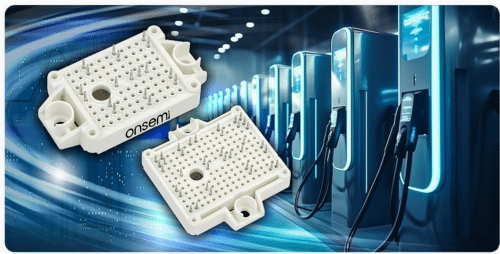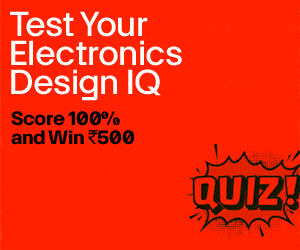The latest EV charging and energy storage modules feature faster charging, smaller size, and lighter weight, enhancing efficiency for a sustainable future.

Onsemi has released nine new EliteSiC Power Integrated Modules (PIMs) designed for DC ultra-fast electric vehicle (EV) chargers and energy storage systems (ESS), featuring bidirectional charging capabilities. Based on silicon carbide, these modules significantly enhance system cost-effectiveness by offering higher efficiency and simplified cooling systems. These improvements reduce size by up to 40% and weight by up to 52% compared to conventional silicon-based IGBT solutions. The result is more compact and lighter charging platforms. For designers, this means access to essential components necessary to develop and deploy a network of DC fast chargers rapidly. These chargers can charge electric vehicle batteries to 80% in approximately 15 minutes, making them a pivotal solution for efficient and scalable EV infrastructure.
The company’s statement highlights that their silicon carbide (SiC)-based solutions, utilizing Gen3 M3S SiC MOSFET technology, offer significant advantages over traditional silicon-based IGBT (Insulated Gate Bipolar Transistor) solutions. These SiC-based solutions are more efficient, leading to a reduction in the cost of IGBT power modules. The improved efficiency is attributed to the SiC MOSFETs’ ability to switch more efficiently, directly lowering power consumption.
The EliteSiC Power Integrated Modules (PIM) are particularly notable for their scalability, supporting output powers ranging from 25 kW to 100 kW. This scalability makes them suitable for various applications, including multiple DC fast charging and energy storage systems platforms. A vital feature of these systems is bidirectional charging, as mentioned in the company’s statement.
The company claims to offer designers the versatility to select the most suitable Power Integrated Module (PIM) for the power conversion stages in applications like DC fast charging or energy storage systems, per the company’s statement. Additionally, Osemi plans to provide designers with tools to expedite the design process. These tools include a piecewise linear electrical circuit simulation (PLECS) model generator and application simulations. These resources are intended to assist designers in navigating the design cycle more efficiently.
For more information, click here.






